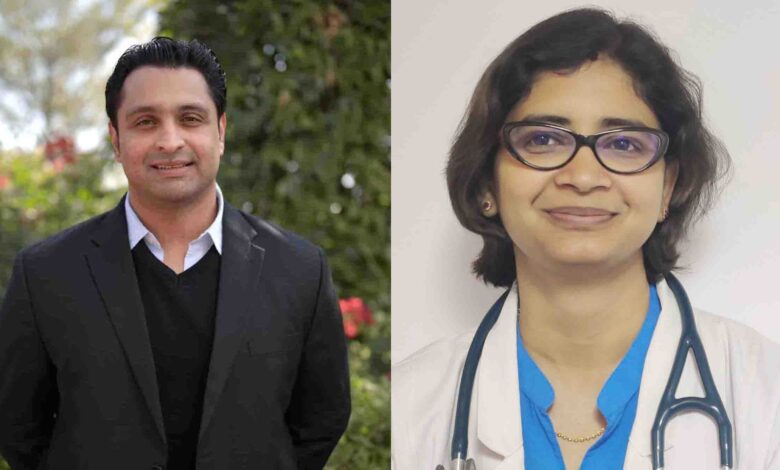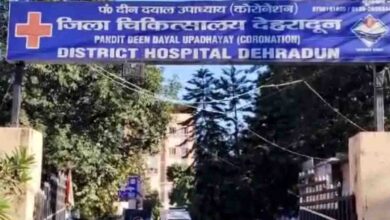India’s pain management system fragmented, say Nivaan Care’s co-founder, pain specialist

PIONEER NEWS SERVICE/ Dehradun
The head, Clinical Development, at Nivaan Care, Dr Jyotsna Agarwal said that despite the pain patients thronging hospitals and clinics and going for MRI and physiotherapy, their pain persisted. “The diagnosis remains vague and the treatment feels like guesswork,” she said, adding that this is the general scenario with India’s pain management system remaining deeply fragmented, misunderstood and inaccessible despite the country facing one of the largest chronic pain burdens globally.
She further said that nearly 19 to 30 per cent of Indian adults live with some form of chronic pain. “That translates to nearly 180 to 200 million individuals—larger than the population of Brazil. Women and the elderly are disproportionately affected with the prevalence among females reaching up to 25 per cent and rising significantly after the age of 65. Chronic pain does not just affect the body. It impairs sleep, increases the risk of depression, limits movement, reduces work productivity and can lead to social isolation and financial distress. For a condition so widespread, its treatment remains surprisingly inconsistent,” she observed.
Asked why pain remains poorly treated in India, the co- founder, Nivaan care, Nivesh Khandelwal said that the reasons are complex but interconnected. “First, medical education in India is not designed to treat pain comprehensively. Second, pain is underreported and undertreated, especially in rural areas. Third, there is a severe shortage of trained pain specialists. Fourth, the care pathway itself is broken with most patients bouncing from GPs to orthopaedics to physiotherapists to neurologists in the absence of a unified treatment plan,” he recounted.
They affirmed that India needs to reframe pain as a standalone medical condition, not just a symptom. Pain specialists should lead multidisciplinary teams, including physiotherapists, psychologists, clinical nutritionists, and when necessary, surgeons, they said.






